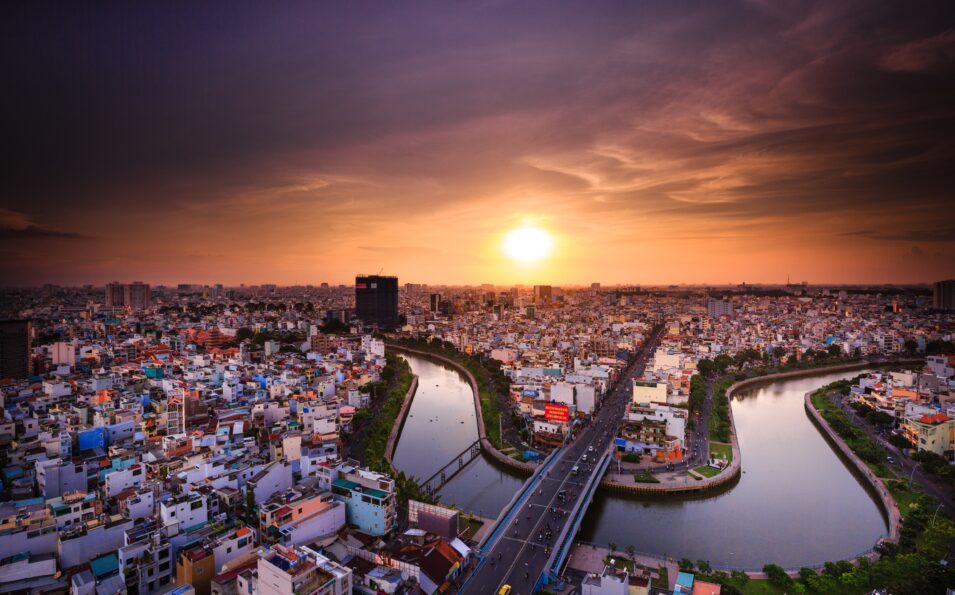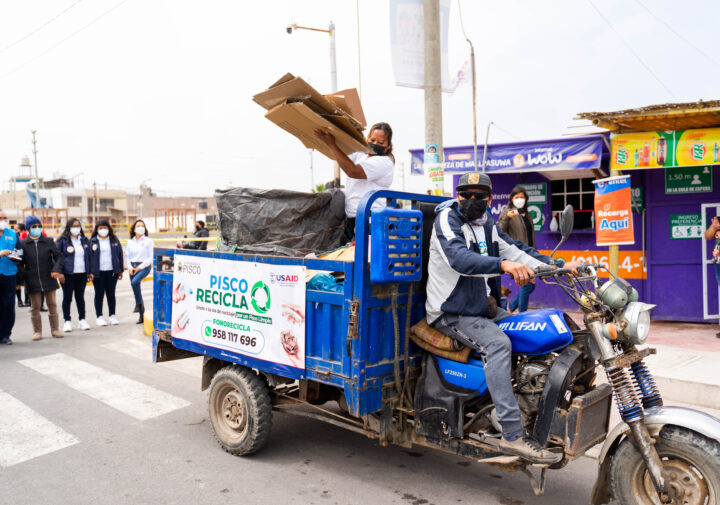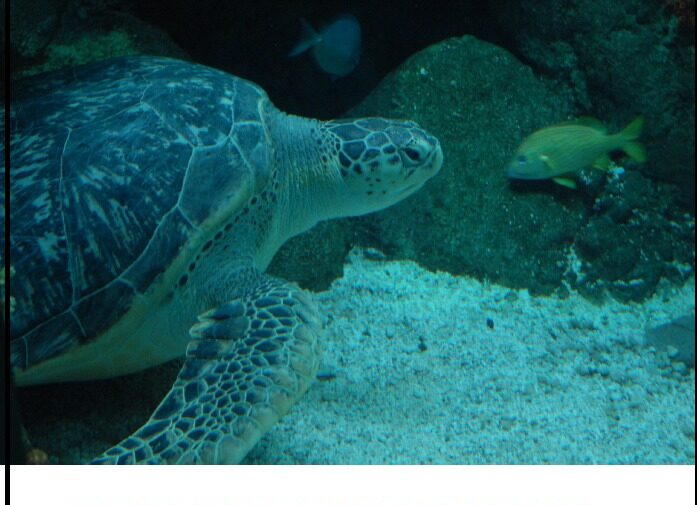Although Peru generates relatively low volumes of waste per capita, inadequate waste management and infrastructure have amplified the impacts of plastic pollution, with significant waste leakages into the environment and improper disposal of nearly half of the waste produced. Peru has made significant progress in developing national laws for solid waste management, including its Comprehensive Solid Waste Management Law (2016) and more recent laws to protect the environment and human health. However, the infrastructure and support available for solid waste management vary widely depending on the community. Local governments struggle to implement laws effectively, often faced with shortfalls in tax revenue
and municipal capacity.
Under the Save our Seas Initiative, USAID’s Clean Cities Blue Ocean (CCBO) program is developing solutions with Peru to stop the flow of plastic pollution in waterways across the country. CCBO’s holistic strategies address each step in the waste value chain—from production to collection and processing to end use—prioritizing the most inclusive, economically viable, and environmentally sustainable solutions that avoid environmental leakage. CCBO is also partnering with the private sector to strengthen the country’s north-south recycling corridor, and engaging partners to build a women-led circular economy. These efforts are already seeing results. To date, CCBO has secured over 5,792 metric tons of waste (including nearly 938 metric tons of plastic) from leaking into the environment and improved solid waste systems for more than 1.3 million people in Peru.
Projects




